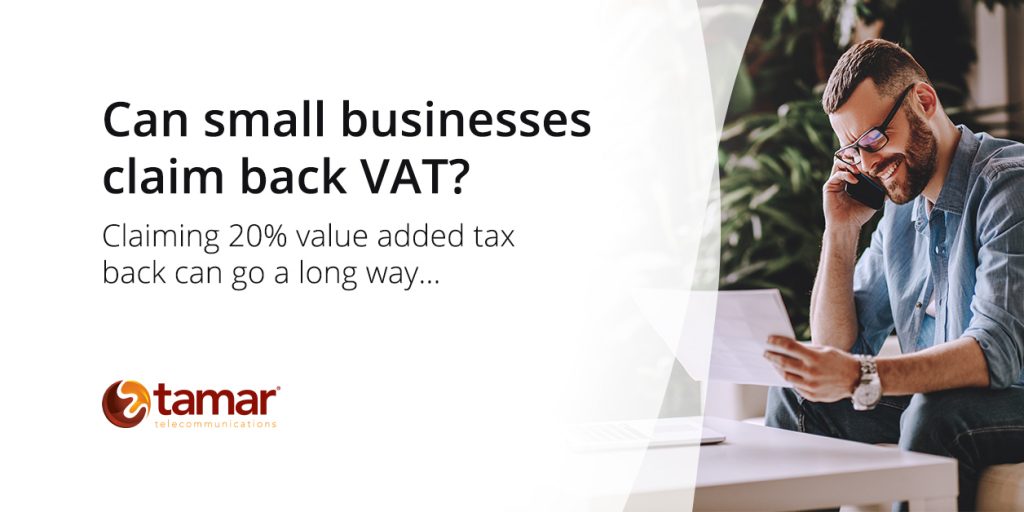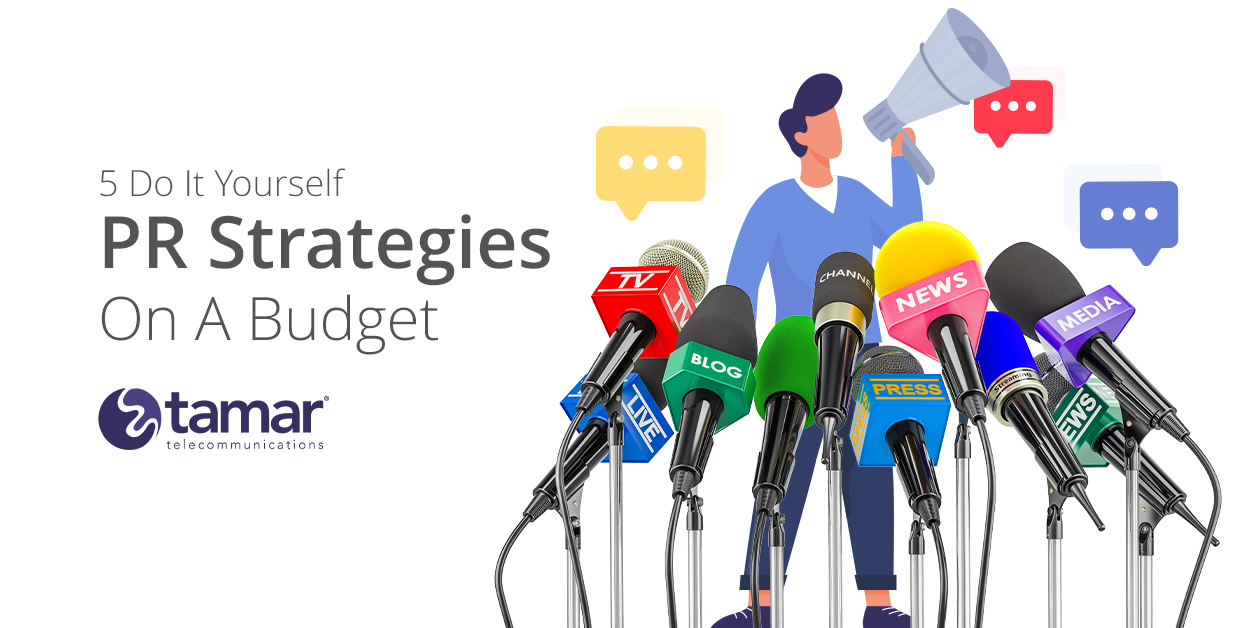Small businesses that pay value-added tax (VAT) on their revenues are usually entitled to claim back VAT on products and services they buy for business use. This effectively gives the business a 20% discount on the listed prices of the items they need, which could range from stock and stationary to bills and business telephone numbers.

What qualifies a business to claim back VAT?
A business can claim back VAT on its costs if the business is VAT-registered and pays VAT. This means the business charges VAT at a rate of 20% (or in some special cases, a reduced rate) on all the products or services it sells, and then pays that amount to the government in its VAT returns. Fulfilling this requirement entitles the business to claim back the 20% VAT on its business expenses.
Not all businesses need to register for VAT. For instance, only those with an annual turnover exceeding £85,000 need to pay this tax. If you think your business should be paying VAT but you are not signed up yet, find out how to register for VAT.
There’s good news for smaller businesses with insufficient revenue to qualify for VAT registration, insofar as you may still be able to reduce your business costs by deducting business expenses from your taxable income in your yearly tax return. This advice applies specifically to businesses operating on a sole trader or partnership basis.
How to claim back VAT on small business expenses
VAT on business expenses can be reclaimed in the normal course of submitting a VAT return, which is usually done quarterly by a business or its accountant.
When submitting a VAT return, businesses are required to enter their input VAT, meaning the amount of VAT they have received through sales to customers or clients; and also their output VAT, which is the amount of VAT they have paid on products and services for business use. Subtracting the output VAT amount from the input VAT amount produces the business’s VAT return calculation: the amount of money it must pay in its VAT return.
It’s important for businesses to keep details and receipts documenting the expenses against which VAT has been reclaimed. These may be required as proof of a VAT return’s legitimacy, in the event of a VAT inspection.
If you are struggling to work out whether VAT can be reclaimed on a certain item, we suggest you refer to the government’s guidance on that topic.
Claiming back VAT on purchases for mixed private and personal use
Despite some people’s belief to the contrary, small businesses can often claim back VAT on purchases which are used for a mix of personal and business purposes. The amount of VAT that can be claimed back is limited to the percentage of business use – so you could claim back 50% of the VAT on an item that is used equal amounts for business and personal purposes.
A common example of this sort of purchase would be a phone handset, used for work as well as personal communications. The owner could claim back an appropriate percentage of the handset price, plus the relevant percentage of bills, insurance and other costs.
Businesses need to be able to be prove the extent to which a mixed-purpose item is used for business, in order to properly claim back VAT on that item. In our line of work, a common example of this is where a business owner uses a smartphone for both personal and business use. By setting that person up with a dedicated business telephone number that directs calls to the handset, we can successfully separate reporting of business use from the user’s personal phone use. This greatly simplifies the task of accurately reporting the amount of business use for the purposes of a VAT return.

Is it possible to claim back VAT on goods purchased before VAT registration?
Small businesses can claim back VAT on goods purchased before they registered for VAT, but only on the basis that specific requirements are met. The qualifying period up to the date of VAT registration is as follows:
• 4 years for goods you still have, or that were used to make other goods you still have
• 6 months for services
VAT cannot be reclaimed on goods or services that were purchased before the starting points of these periods.
Businesses are expected to claim back VAT on goods purchased before registration as part of their first VAT return. As such, we advise making this a priority as soon as you start the VAT registration process.
Now you know how and when you can claim back VAT. Take a look at the articles below for more business advice, tips and tricks.







